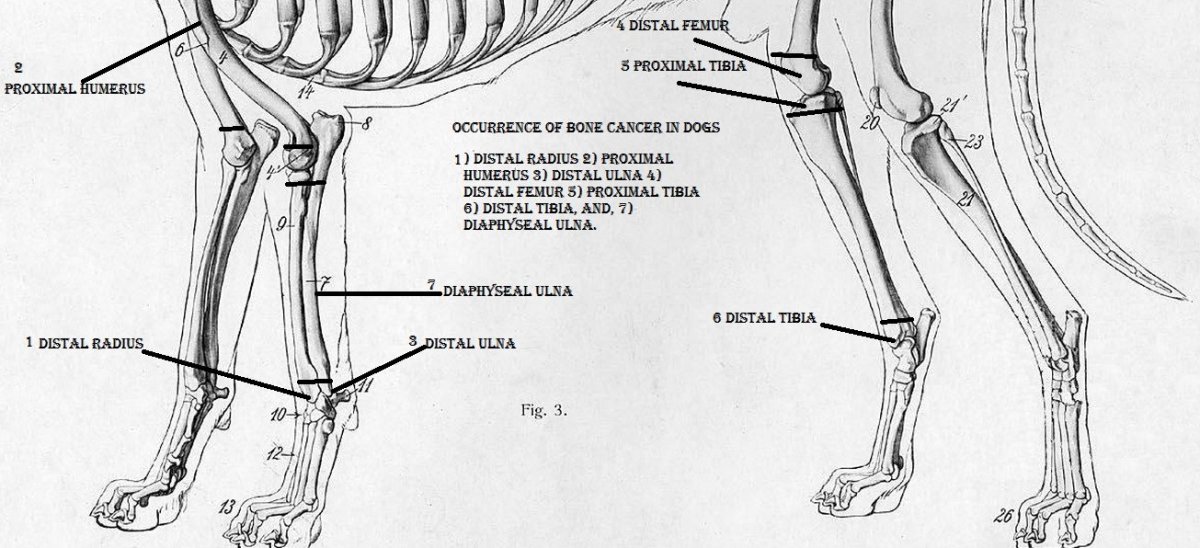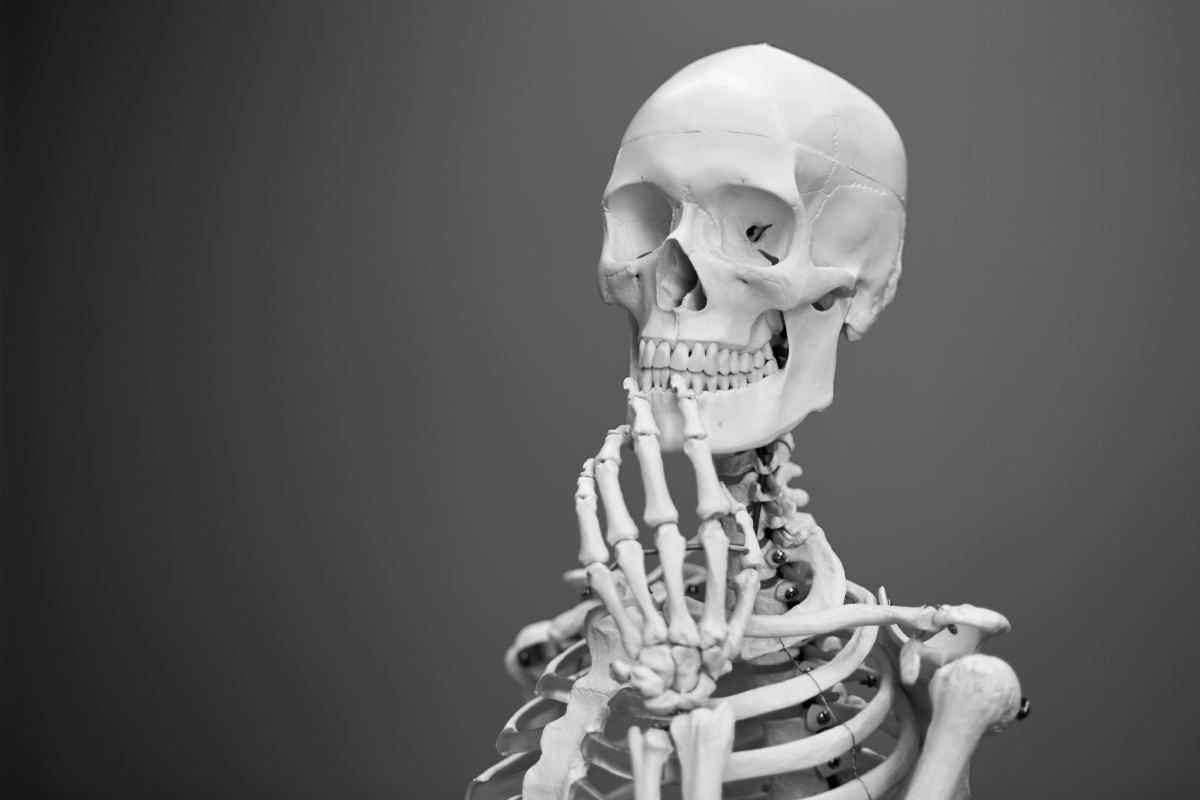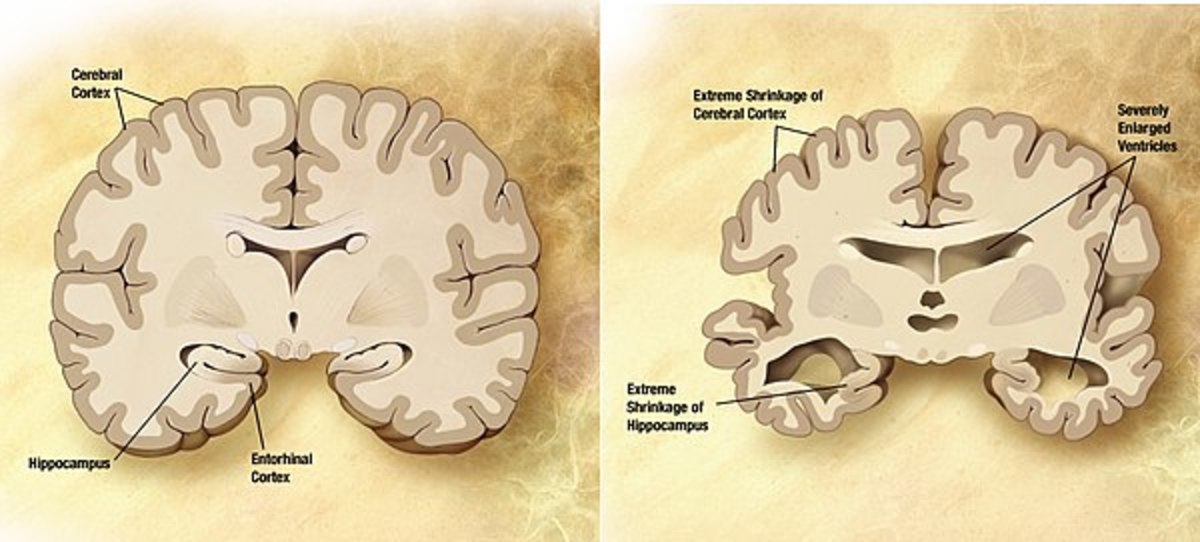Obesity a Major Risk Factor for Covid-19 Hospitalization

As our experience grows, information and guidance about SARS-CoV-2 coronavirus disease (COVID-19) are emerging rapidly. We are likely all aware that the clinical effects of this respiratory disease are particularly severe in certain populations, including seniors, people with pre-existing respiratory and cardiac disease, and those with compromised immune systems. People with obesity have a higher likelihood of being in each of these categories and should, therefore, be considered at increased risk for severe disease.
Severe overweight (BMI> 40) is from the CDC (Centres for Disease Control) listed as a risk factor for Covid-19, and there are also a few studies on it.
As a result, the likelihood of acute respiratory distress syndrome or acute lung failure ( Acute Respiratory Distress Syndrome, ARDS) higher with a high BMI. In addition, the oxygen supply to the patient is difficult.
At the same time, things are not that straightforward, as obesity is associated with other factors, not all of which are known to be included in a statistical model.
Obesity as a Risk Factor for Various Diseases
Obesity is a risk factor for various diseases such as high blood pressure, type 2 diabetes, heart failure and cancer. These diseases are themselves risk factors for Covid 19 disease. This means that people with a high BMI fall into a different risk group at the same time.
Obesity is often associated with a weakened immune system. In this respect, it is obvious that a high BMI is a risk factor for infectious diseases such as Covid-19. However, this is not the last word of wisdom.
People with obesity have a higher chance of developing these health problems:
- High blood glucose (sugar) or diabetes.
- High blood pressure (hypertension).
- High blood cholesterol and triglycerides (dyslipidemia, or high blood fats).
- Heart attacks due to coronary heart disease, heart failure, and stroke.
- Bone and joint problems, more weight puts pressure on the bones and joints. This can lead to osteoarthritis, a disease that causes joint pain and stiffness.
Socio-Economic Factors Associated With Obesity
Diseases associated with obesity are known and documented in many cases and can, therefore, be considered for a decoupled analysis of whether obesity alone is a risk factor.
Other factors, such as social status, are far more difficult.In the United States, African-Americans account for 68% of deaths, although they represent only 30% of the population. Analysis of data from selected US states recorded 33% African-Americans among the patients with a severe course requiring hospitalization, even though they made up only 18% of the population of the examined states.
This has nothing to do with the colour of the skin. Black people are heavily over presented in the poorer classes in the United States. In the United States, this is often associated with poorer health care. In addition, workers are less likely to go to the home office, which means they are more likely to be infected.
Overweight is also more prevalent in poorer classes in most countries. Here, too, the following causal chain can possibly be established: workers higher risk of infection accumulation among the infected accumulation under severe cases.
In addition, some very overweight people go to the doctor less often because they do not want to give themselves the lyre about a change in lifestyle and therefore (subsequent) diseases remain undetected. As a result, they could generally have a poorer state of health and thus a worse starting position in the disease.
Is There Evidence Obesity Is a Risk for the Virus?

The largest study has so far been published as a preprint, meaning that it has not yet gone through a review process. Here data from over 4000 patients were analyzed for possible risk factors.Age (> 65 years) was identified as the greatest risk factor, followed by obesity (BMI> 30). Only then did other factors such as high blood pressure, diabetes, cancer or even lung diseases follow).
The paper is one of the first to use more complex statistical models to identify independent factors and concludes that obesity is a risk factor regardless of the disease associated with it. However, social factors are also not considered here.
Other studies tend to reflect the obesity percentage of the population among those infected. The Intensive Care National Audit & Research Center(ICNARC) in the UK found a higher proportion of patients with a higher BMI. However, this is also generally reflected in the BMI distribution of the population. (With a BMI> 40, however, a difference can be determined here. However, other diseases are not taken into account here.)
King County, USA data shows the same behaviour. 22% cases with a BMI> 30, which is the proportion of the population with a BMI> 30 in King County. The same applies to the CDC report cited initially, which lists 48.3% of hospitalized patients with a BMI> 40, with a 42.4% prevalence in the population. Not particularly impressive, although the CDC names obesity as a risk factor.
Conclusion
There are studies that claim obesity as an independent risk factor. Even with enrichments, however, social factors such as the likelihood of infection are not taken into account. Due to the data situation and the large number of factors associated with obesity, an analysis of whether obesity itself is a risk factor is extremely difficult or hopeless.
However, one must also say that heavily overweight people are rarely in good health. There are often initial problems with high blood pressure and the heart, or a generally weakened immune system, so that overweight is certainly not the best starting point for SARS-CoV-2 infection.
Obesity is the first thing you see in the patient. And being overweight does not speak for optimal health. It is always an indirect risk factor for a severe course.
This content is accurate and true to the best of the author’s knowledge and is not meant to substitute for formal and individualized advice from a qualified professional.
© 2020 KSHITIJ ANAND








